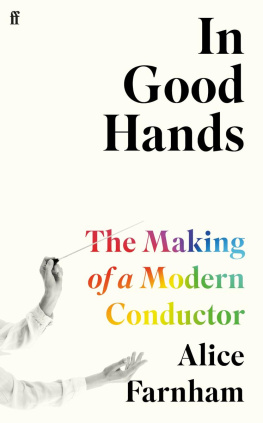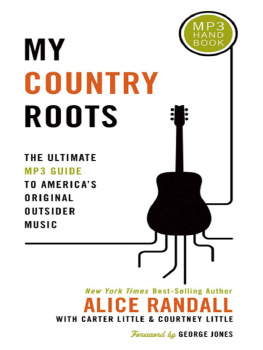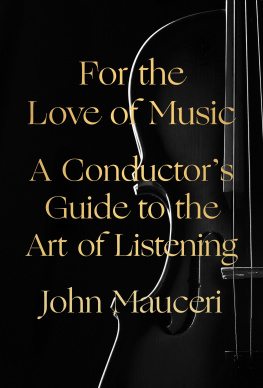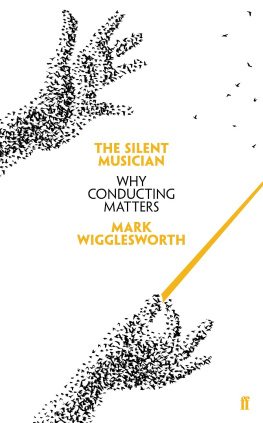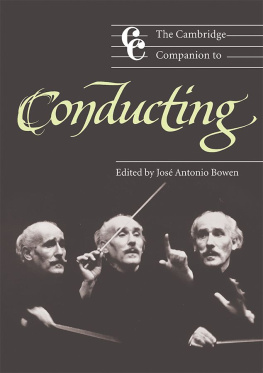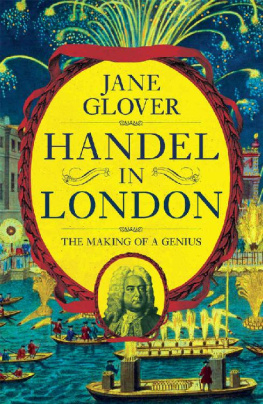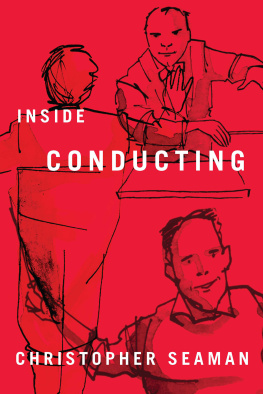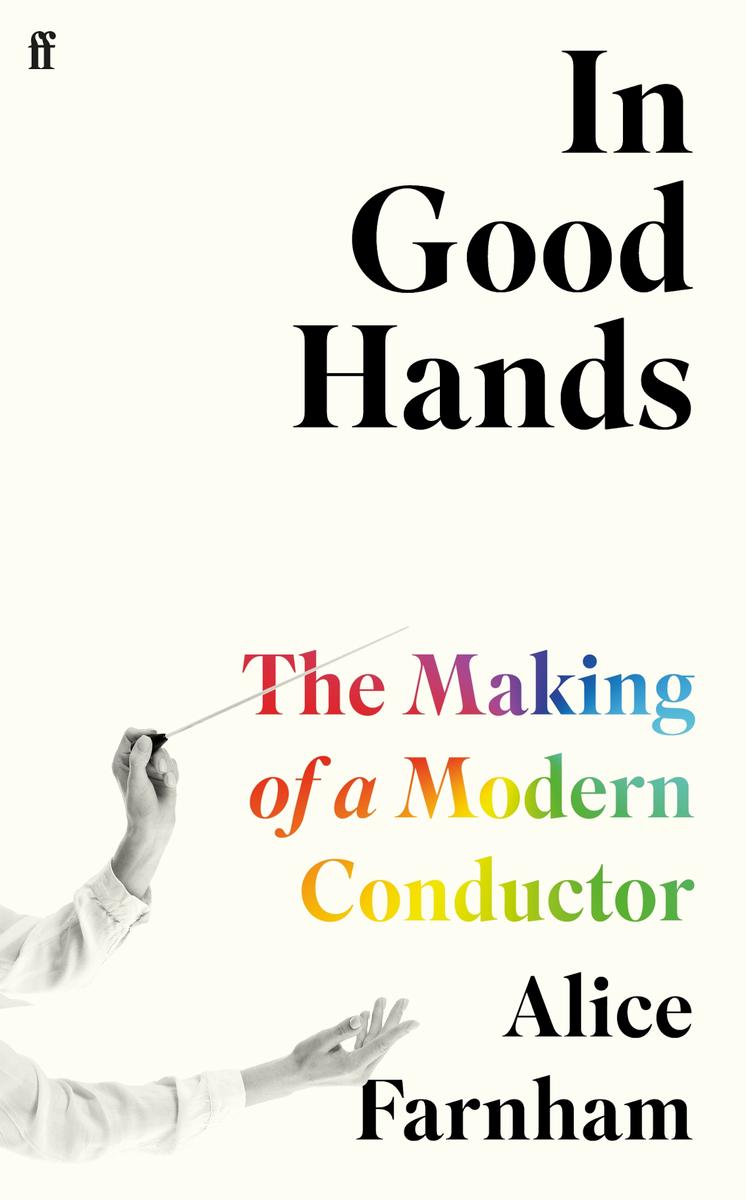Marin Alsop
American conductor; Chief Conductor, Vienna Radio Symphony Orchestra; Music Director Laureate, Baltimore Symphony Orchestra; former Principal Conductor, Bournemouth Symphony Orchestra; former Principal Conductor, So Paulo Symhony Orchestra.
Richard Baker
British composer and conductor, specialising in contemporary music. Guest conducting includes London Sinfonietta and Birmingham Contemporary Music Group.
Kalena Bovell
Panamanian-American conductor; Assistant Conductor, Memphis Symphony Orchestra; Conductor, Memphis Youth Symphony.
Olivia Clarke
British-Irish conductor; Charles Mackerras Conducting Fellow, English National Opera.
Laurence Cummings
British harpsichordist and conductor; Muisc Director, x London Handel Orchestra; Musical Direcor, London Handel Festival.
Sian Edwards
British conductor; Professor and Head of Conducting, Royal Academy of Music; Professor of Conducting, University of Music and the Performing Arts, Vienna; former Music Director, English National Opera.
Ben Glassberg
British conductor; Music Director, Opra de Rouen Normandie; Principal Conductor, Glyndebourne on Tour.
Jane Glover
British conductor and musicologist; former Music Director, the London Mozart Players; former Head of Opera, Royal Academy of Music.
Helen Harrison
British conductor; Music Director, Young Sinfonia, Blackpool Symphony Orchestra, Preston Opera; former Music Director, Lancashire Youth Symphony Orchestra.
Jonathon Heyward
African-American conductor; Chief Conductor, Nordwestdeutsche Philharmonie; Music Director Elect, Baltimore Symphony Orchestra. xi
Tianyi Lu
Chinese-New Zealand conductor; Conductor-in-Residence, Stavanger Symphony Orchestra; former Female Conductor-in-Residence, Welsh National Opera; former Assistant Conductor, Los Angeles Symphony Orchestra, Melbourne Symphony Orchestra.
Emear Noone
Irish conductor and composer; best known for award-winning work on video and gaming music.
Antonio Pappano
Italian-British-American conductor and pianist; Music Director elect, London Symphony Orchestra; Music Director, The Royal Opera, London.
Maria Seletskaja
Estonian conductor, former professional ballet dancer, MA student; Conductor-in-Residence, National Ballet of Canada.
Bramwell Tovey
British conductor and composer; Principal Conductor, BBC Concert Orchestra; former Music Director, Vancouver Symphony Orchestra. In memoriam.
Barry Wordsworth
British conductor; Principal Guest Conductor, former xii Music Director, The Royal Ballet, London; Conductor Laureate, BBC Concert Orchestra.
All biographies correct at time of publication.
It was 26 September 2019, and I was conducting Mozarts Paris Symphony to a happily noisy audience applauding, cheering and generally making appreciative sounds while we performed. Sometimes they were excitedly shushing each other so they could hear a quiet section; sometimes there was a magical hush until the next surprise loud moment.
Was this a childrens concert perhaps, or an unusual venue such as a shopping centre, or were we simply providing background music? Theres a time and a place for that important work, but no, this was an evening with the BBC Concert Orchestra at the Queen Elizabeth Hall on Londons Southbank. Is this normal for a classical concert? In Mozarts time it certainly was, but it is so alien to a modern audience that not only did we have to give permission to the audience to behave in this way but we also had to workshop the idea with them at the start, forcing them to let their hair down.
It was one of the most artistically, and musically satisfying concerts I have ever conducted. Although we were playing on modern instruments rather than the subtly different instruments Mozart would have written for, we played it with a decent respect for Mozarts style, rehearsing and performing with careful attention to detail. The BBCCO is a wonderfully versatile orchestra and the rehearsal process had gone well, once I reassured them that the authentic re-enactment we were attempting didnt require them to wear wigs and tights. It was the authentic sound of the audience that most interested us.
The environment of a classical concert can be off-putting a bit like going to a church service and not knowing when to stand or sit. There is a whole set of expected behaviours that can leave the uninitiated feeling unwelcome. Its hardly a relaxing environment conducive to listening properly. How do we break down these barriers and make the concert hall a more welcoming environment for people of all ages and backgrounds? Perhaps by looking at how things used to be done? This was the brainchild of broadcaster and presenter Tom Service, who suggested Mozarts Paris Symphony was the perfect piece to start unapologetically breaking todays rules. In Mozarts letters to his father, he described at great length how enthusiastically the audience responded on first hearing this symphony. If Mozart visited earth today and heard performances of his music, hed assume from our silence throughout that we just didnt like it.
There is a relatively recent rule in classical music that applause between movements of a work is forbidden. Concert halls and orchestras rarely insist on this; rather it is something that has evolved over the centuries and comes mostly from audiences rather than from performers. It makes no difference how a movement ends. Some movements fade to an atmospheric silence before emerging into the next movement, and then perhaps applause seems insensitive. Another movement might culminate in a cascading fountain of sound that surely cries out for applause. Unless it is the final movement of the work, it is most definitely frowned on to applaud, though you are permitted to clear your throat, because apparently a smattering of ugly coughs is an acceptable noise to make. The same mostly unspoken rule applies all over the world of the classical concert. Pity the poor soul who enthusiastically applauds at the triumphant end of the third movement of Tchaikovskys Sixth Symphony! Do they not know that theres another movement to come? In some places they might even get shushed by their neighbours, but they should certainly feel deeply embarrassed and ashamed. It is only in the concert hall where this happens. In ballet, audiences frequently applaud when they see something they love on stage. Just so in opera: at the end of a spectacular aria the audience (much to the chagrin of some stage directors) can burst into spontaneous applause, regardless of whats happening in the drama. In jazz, it would be downright rude not to clap after a solo and in church, its perfectly acceptable for the organ music at the start and end of a service to be accompanied by a bit of chat. Can you imagine an audience at Glastonbury sitting still and silent?
So, Tom and I talked to the audience at the start. We gave them permission to listen and make noise, just the way Mozart had described it. He had written two second (slow) movements, so we played an excerpt of each and let the audience choose, by way of a clapometer, which was to be performed. As far as we could tell, both options were equally popular, and interestingly there had been a similar 5050 opinion when we had asked the orchestra earlier in the day, so I made the casting vote. Sometimes conductors have their uses. Between movements the audience was not only permitted to applaud, but we encouraged them to chat about what they thought of the music so far to their neighbour, even if theyd never met before. The orchestra talked too, and I stepped off the podium for a few friendly words with the leader.

